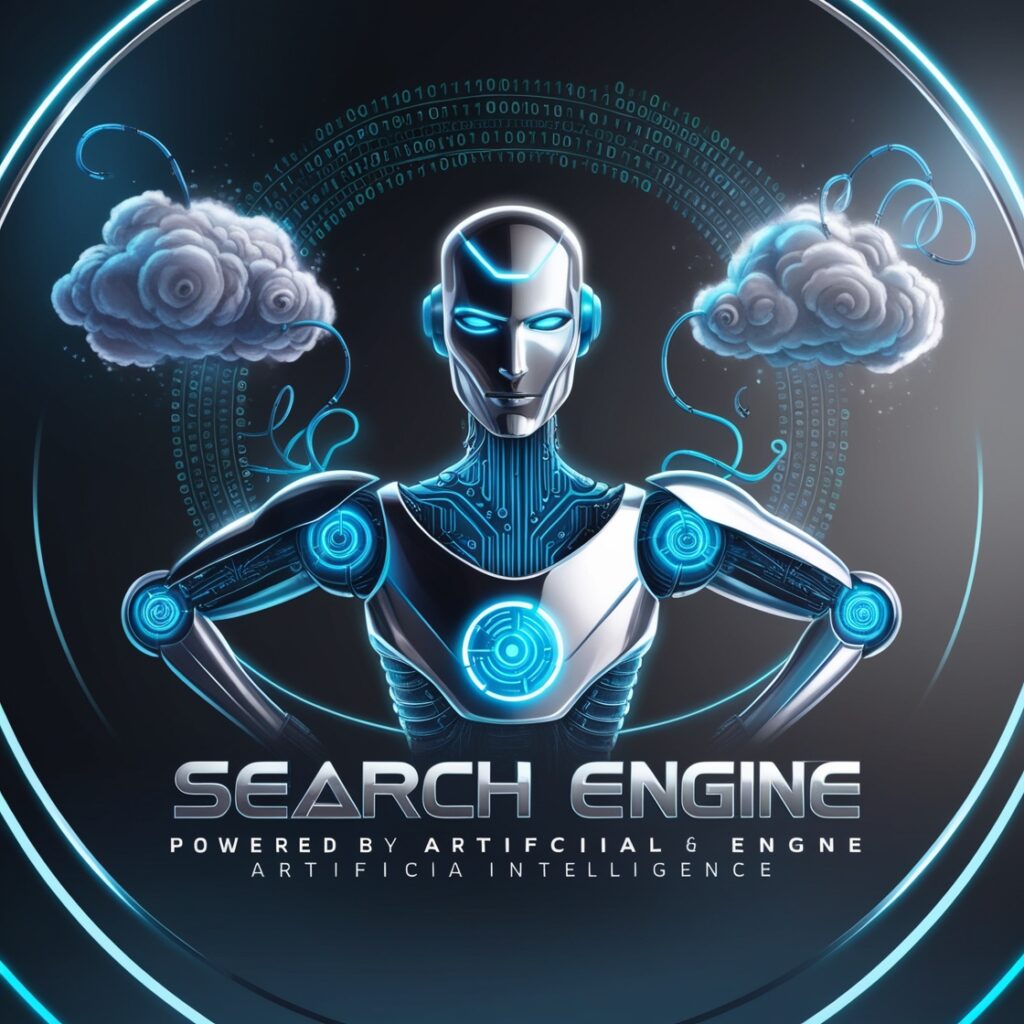A robust and efficient search engine is a cornerstone of any user-friendly website. By integrating AI-powered search, you can revolutionize how users find information, improving their experience and boosting engagement. This guide will show you how to build an AI-powered search engine for your website, enhancing functionality and staying ahead in the digital space.
Why an AI-Powered Search Engine?
Traditional search engines rely on keyword matching, which often leads to irrelevant or incomplete results. AI-powered search engines leverage advanced technologies like machine learning (ML) and natural language processing (NLP) to:
• Understand Context: Deliver more accurate results by interpreting user intent.
• Improve Search Speed: Process queries faster and efficiently.
• Personalize Results: Tailor results based on user behavior and preferences.
• Handle Complex Queries: Answer multi-faceted questions accurately.
Benefits of an AI-Powered Search Engine for Your Website
1. Enhanced User Experience: Users find what they need quickly and efficiently.
2. Increased Engagement: Better search results encourage users to stay longer on your site.
3. Actionable Insights: Analyze search data to understand user preferences and trends.
How to Build an AI-Powered Search Engine
Creating an AI-powered search engine might sound complex, but modern tools make it achievable even for those without deep technical expertise.
Step 1: Define Your Goals
Determine what your search engine needs to achieve:
• Is it for e-commerce to help customers find products?
• Do you want to provide answers to technical queries?
• Will it focus on retrieving specific documents or media?
Step 2: Choose an AI Search Platform
Numerous platforms and tools allow you to integrate AI-powered search into your website:
1. Algolia
• Features: NLP capabilities, real-time search, and analytics.
• Best For: E-commerce and large content-driven sites.
2. ElasticSearch with OpenSearch
• Features: Open-source flexibility with AI-powered extensions.
• Best For: Customizable and scalable search solutions.
3. Microsoft Azure Cognitive Search
• Features: AI-driven insights, image recognition, and NLP.
• Best For: Enterprise websites and applications.
4. Google Programmable Search Engine
• Features: Google’s robust indexing and ranking algorithms.
• Best For: Quick and easy search engine integration.
5. Swiftype
• Features: Customizable search, AI-powered relevance, and analytics.
• Best For: SaaS websites and internal knowledge bases.
Step 3: Implement AI Features
1. Natural Language Processing (NLP)
Use NLP to understand user intent and context behind queries. AI can interpret searches like:
• “Affordable laptops for graphic design” (intent: product recommendations).
• “How to reset my password?” (intent: troubleshooting).
2. Semantic Search
Go beyond keyword matching by analyzing the meaning behind words and phrases to deliver precise results.
3. Personalized Search Results
AI-powered search engines can analyze user behavior and preferences to tailor results. For instance, frequent shoppers may see recommendations based on past purchases.
Step 4: Index Your Content
Ensure all relevant website data is indexed and accessible by the search engine. This might include:
• Product descriptions.
• Blog posts.
• FAQs and help articles.
• Media files (images, videos).
Step 5: Optimize the User Interface (UI)
An intuitive search interface is crucial for usability.
• Include a search bar in a prominent location.
• Use auto-suggestions to guide users.
• Display filtering and sorting options for better results.
Step 6: Test and Improve
Before deploying, rigorously test your AI-powered search engine for:
• Relevance: Are results matching user queries?
• Speed: Is the search function fast and responsive?
• Adaptability: Can the engine handle new types of content?
Use analytics to track search performance and continuously optimize.

Real-World Use Cases
1. E-Commerce Sites
Enhance product discovery by suggesting related items or providing personalized search results.
2. Content Websites
Improve accessibility to blogs, articles, and media by offering contextual search capabilities.
3. SaaS Platforms
Integrate a search engine to help users navigate features, guides, and troubleshooting documentation.
4. Internal Knowledge Bases
Allow employees to retrieve documents, policies, or guidelines efficiently.
Top Features of an AI-Powered Search Engine
Feature | Benefit |
Voice Search | Enables users to search using voice commands. |
Predictive Search | Provides instant suggestions as users type. |
Analytics Dashboard | Offers insights into search trends and user behavior. |
Multi-Language Support | Expands accessibility for global audiences. |
Custom Ranking Rules | Allows you to prioritize specific content or products. |
Challenges and Solutions
| Challenge | Solution |
| Data Privacy | Use encryption and comply with GDPR/CCPA regulations. |
| Integration Complexity | Choose platforms with easy-to-use APIs. |
| Content Relevance | Regularly update and refine your indexing. |
The Future of AI-Powered Search Engines
As AI technologies advance, AI-powered search engines will become even more sophisticated, incorporating:
• Conversational AI: Providing human-like interactions with search engines.
• Augmented Reality Search: Offering visual search capabilities.
• Real-Time Personalization: Adapting results based on real-time user behavior.
Conclusion
Building an AI-powered search engine for your website is no longer a luxury—it’s a necessity in today’s digital landscape. By combining cutting-edge AI tools and no-code platforms, you can create a search system that improves user satisfaction, drives engagement, and unlocks valuable insights.
Start building your AI-powered search engine today and set your website apart with intelligent, efficient, and user-friendly search capabilities.




Can you be more specific about the content of your article? After reading it, I still have some doubts. Hope you can help me.
Your point of view caught my eye and was very interesting. Thanks. I have a question for you.
Your article helped me a lot, is there any more related content? Thanks!
Your article helped me a lot, is there any more related content? Thanks!
Can you be more specific about the content of your article? After reading it, I still have some doubts. Hope you can help me.
I do not even understand how I ended up here, but I assumed this publish used to be great